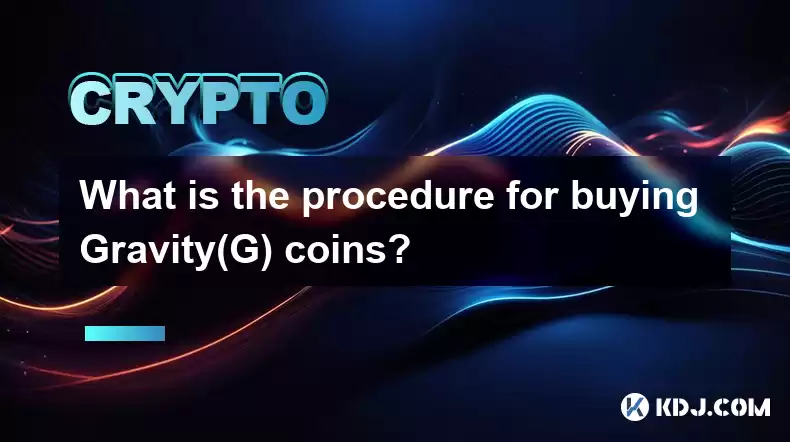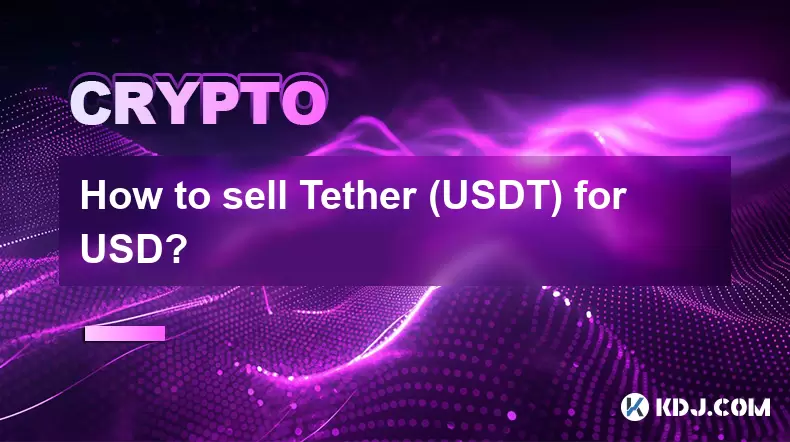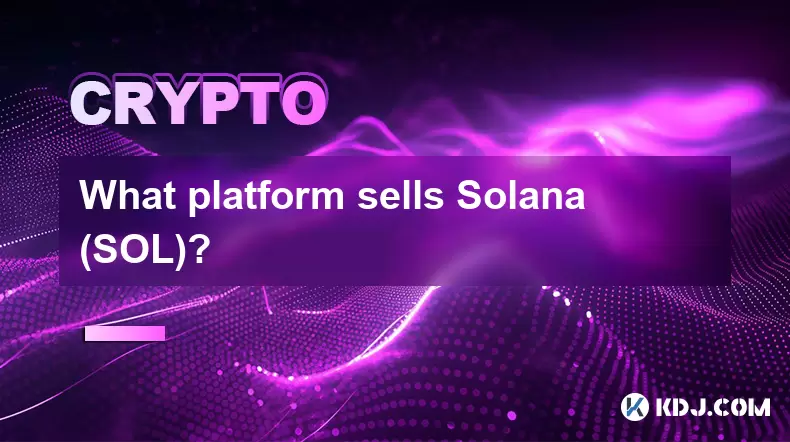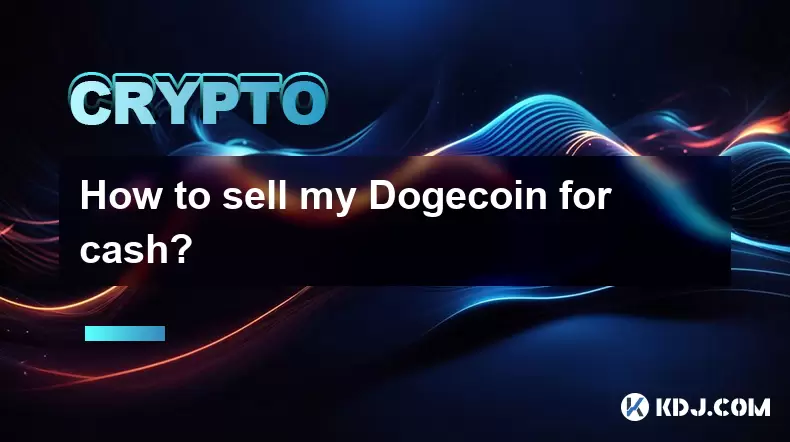-
 Bitcoin
Bitcoin $116500
1.98% -
 Ethereum
Ethereum $3851
6.94% -
 XRP
XRP $3.070
3.95% -
 Tether USDt
Tether USDt $1.000
0.04% -
 BNB
BNB $774.7
1.77% -
 Solana
Solana $171.9
4.66% -
 USDC
USDC $1.000
0.01% -
 Dogecoin
Dogecoin $0.2142
6.71% -
 TRON
TRON $0.3387
1.28% -
 Cardano
Cardano $0.7678
5.61% -
 Sui
Sui $3.747
9.68% -
 Hyperliquid
Hyperliquid $39.16
3.69% -
 Stellar
Stellar $0.4157
6.28% -
 Chainlink
Chainlink $17.93
9.21% -
 Bitcoin Cash
Bitcoin Cash $578.1
3.28% -
 Hedera
Hedera $0.2531
5.60% -
 Ethena USDe
Ethena USDe $1.001
-0.02% -
 Avalanche
Avalanche $22.75
3.82% -
 Litecoin
Litecoin $120.1
3.76% -
 UNUS SED LEO
UNUS SED LEO $8.953
-0.37% -
 Toncoin
Toncoin $3.323
4.76% -
 Shiba Inu
Shiba Inu $0.00001266
4.22% -
 Uniswap
Uniswap $10.13
7.08% -
 Polkadot
Polkadot $3.786
5.09% -
 Dai
Dai $1.000
-0.02% -
 Monero
Monero $273.0
-5.03% -
 Bitget Token
Bitget Token $4.391
1.62% -
 Cronos
Cronos $0.1480
5.45% -
 Pepe
Pepe $0.00001091
5.80% -
 Ethena
Ethena $0.6314
11.93%
What is the procedure for buying Gravity(G) coins?
To purchase G coins, you'll need to select a reputable exchange, meet eligibility requirements, and follow a step-by-step guide to safely acquire and store your funds.
Jan 01, 2025 at 02:30 pm

Key Points:
- Overview of Gravity (G) coin
- Eligibility requirements for purchasing G coins
- Step-by-step guide to buying G coins on exchanges
- Factors to consider when choosing an exchange
- Security measures to protect your G coins
What is Gravity (G) coin?
Gravity (G) is a decentralized cryptocurrency designed for use in the Gravity decentralized application (dApp) ecosystem. The G coin serves as a medium of exchange, a store of value, and a reward mechanism within the Gravity platform. It facilitates various transactions and functions, such as staking, governance, and purchasing premium services within the ecosystem.
Eligibility Requirements for Purchasing G Coins
Before purchasing G coins, it is essential to ensure that you meet certain eligibility requirements:
- You must be of legal age and have the capacity to enter into a legally binding contract in your jurisdiction.
- You must have access to a stable internet connection and a compatible device (e.g., laptop, smartphone).
- You must have a crypto wallet that supports G coins, such as MetaMask, Trust Wallet, or Coinbase Wallet.
Step-by-Step Guide to Buying G Coins on Exchanges
1. Select a Reputable Exchange
Choose a cryptocurrency exchange that supports G coin trading and has a good reputation for security and reliability. Consider factors such as:
- Supported currencies: Ensure the exchange supports trading G coins with your preferred fiat currency or cryptocurrency.
- Trading fees: Compare the trading fees charged by different exchanges to minimize your expenses.
- Security measures: Check the exchange's security measures, such as SSL encryption, two-factor authentication (2FA), and cold storage practices.
2. Create an Account
Register for an account on the selected exchange by providing your personal information, email address, and phone number. Complete the verification process to enhance your account security and comply with KYC regulations.
3. Fund Your Account
Deposit funds into your exchange account using one of the available methods, such as bank transfer, credit/debit card, or cryptocurrency transfer. Ensure that you have sufficient funds to cover the purchase price of G coins and any additional fees.
4. Place an Order
Navigate to the G coin trading pair, enter the amount of G coins you wish to purchase, and select the type of order (e.g., market order or limit order). Review the order details carefully before confirming the transaction.
5. Confirm the Purchase
Once the order is completed successfully, the G coins will be credited to your exchange wallet. You can then transfer them to your personal crypto wallet for secure storage and management.
Factors to Consider When Choosing an Exchange
- Security: Prioritize exchanges with robust security measures to protect your funds and personal information.
- Trading Volume: Choose exchanges with high trading volumes for your desired currency pair to ensure liquidity and timely execution of your orders.
- User Interface: Select exchanges with user-friendly interfaces that are easy to navigate and comprehend.
- Customer Support: Opt for exchanges with responsive and helpful customer support to assist you in case of any queries or issues.
Security Measures to Protect Your G Coins
- Use a Hardware Wallet: Consider storing your G coins in a hardware wallet, which provides offline storage and enhanced security against unauthorized access.
- Enable 2FA: Activate two-factor authentication on your exchange account and crypto wallet to add an extra layer of security.
- Be Aware of Scams: Remain vigilant against phishing scams and fraudulent websites that attempt to steal your G coins. Always verify the legitimacy of any communication before sharing sensitive information.
FAQs
Q: What are the benefits of using G coins?
A: G coins offer various benefits, including:
- Faster and cheaper transactions within the Gravity ecosystem
- Rewards for staking and participating in governance activities
- Discounts on premium services and exclusive access to DApp features
Q: Can I buy G coins with fiat currency?
A: Yes, you can purchase G coins with fiat currency (e.g., USD, EUR) on exchanges that support fiat-to-crypto trading pairs.
Q: Are there any fees associated with buying G coins?
A: Yes, exchanges typically charge trading fees for buying and selling G coins. These fees vary depending on the exchange and the type of order.
Q: How long does it take to buy G coins?
A: The time taken to purchase G coins can vary depending on the exchange, the order type, and the prevailing market conditions. In general, market orders are executed quickly, while limit orders may take longer to fill.
Q: Is it safe to buy G coins?
A: Buying G coins from reputable exchanges and implementing proper security measures can be considered safe. However, it's important to note that all investments involve some degree of risk, and the cryptocurrency market is particularly volatile.
Disclaimer:info@kdj.com
The information provided is not trading advice. kdj.com does not assume any responsibility for any investments made based on the information provided in this article. Cryptocurrencies are highly volatile and it is highly recommended that you invest with caution after thorough research!
If you believe that the content used on this website infringes your copyright, please contact us immediately (info@kdj.com) and we will delete it promptly.
- Dogecoin, Crypto, and the 25x Gains Dream: What's Next?
- 2025-08-07 20:50:12
- Dogecoin: A Second Chance for the OG Meme Coin?
- 2025-08-07 20:50:12
- BlockchainFX: Your Choice for Long-Term Crypto Gains?
- 2025-08-07 21:10:12
- Pepe Dollar's Presale Mania: Memecoin Staking and the Crypto Revolution
- 2025-08-07 21:10:12
- Aave Users Targeted in Sophisticated Phishing Scam: A DeFi Reality Check
- 2025-08-07 21:15:56
- Ollama Turbo & GPT-OSS: Revolutionizing AI Model Accessibility and Speed
- 2025-08-07 20:29:33
Related knowledge

Where can I buy UMA (UMA)?
Aug 07,2025 at 06:42pm
Understanding UMA and Its Role in Decentralized FinanceUMA (Universal Market Access) is an Ethereum-based decentralized finance (DeFi) protocol design...

What exchanges support buying IOTA (MIOTA)?
Aug 07,2025 at 09:58pm
Understanding the Role of Private Keys in Cryptocurrency SecurityIn the world of cryptocurrency, private keys are the cornerstone of ownership and con...

What is the best app to buy EOS?
Aug 07,2025 at 04:35pm
Understanding EOS and Its Role in the Cryptocurrency EcosystemEOS is a blockchain platform designed to support decentralized applications (dApps) with...

How to sell Tether (USDT) for USD?
Aug 07,2025 at 03:29pm
Understanding Tether (USDT) and Its USD ValueTether (USDT) is a stablecoin designed to maintain a 1:1 value ratio with the United States Dollar (USD)....

What platform sells Solana (SOL)?
Aug 07,2025 at 08:50pm
Where to Buy Solana (SOL) – Trusted Cryptocurrency ExchangesWhen looking to purchase Solana (SOL), the most common and secure method is through reputa...

How to sell my Bitcoincoin for cash?
Aug 07,2025 at 02:14pm
Understanding the Basics of Selling Dogecoin for CashSelling Dogecoin for cash involves converting your DOGE tokens into a fiat currency such as USD, ...

Where can I buy UMA (UMA)?
Aug 07,2025 at 06:42pm
Understanding UMA and Its Role in Decentralized FinanceUMA (Universal Market Access) is an Ethereum-based decentralized finance (DeFi) protocol design...

What exchanges support buying IOTA (MIOTA)?
Aug 07,2025 at 09:58pm
Understanding the Role of Private Keys in Cryptocurrency SecurityIn the world of cryptocurrency, private keys are the cornerstone of ownership and con...

What is the best app to buy EOS?
Aug 07,2025 at 04:35pm
Understanding EOS and Its Role in the Cryptocurrency EcosystemEOS is a blockchain platform designed to support decentralized applications (dApps) with...

How to sell Tether (USDT) for USD?
Aug 07,2025 at 03:29pm
Understanding Tether (USDT) and Its USD ValueTether (USDT) is a stablecoin designed to maintain a 1:1 value ratio with the United States Dollar (USD)....

What platform sells Solana (SOL)?
Aug 07,2025 at 08:50pm
Where to Buy Solana (SOL) – Trusted Cryptocurrency ExchangesWhen looking to purchase Solana (SOL), the most common and secure method is through reputa...

How to sell my Bitcoincoin for cash?
Aug 07,2025 at 02:14pm
Understanding the Basics of Selling Dogecoin for CashSelling Dogecoin for cash involves converting your DOGE tokens into a fiat currency such as USD, ...
See all articles

























































































